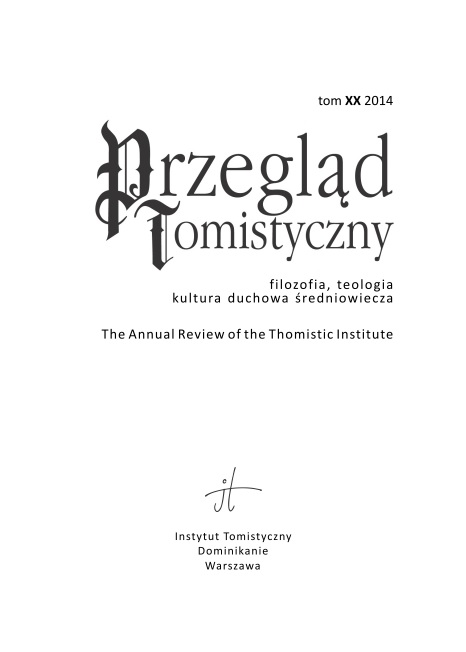WŁODZIMIERZ GALEWICZ, Thomas Aquinas on Absolute Moral Prohibitions

Tom XIX: 2013
Filozofia — Teologia— Kultura duchowa średniowiecza
ISSN 0860-0015
e-ISSN 2544-1000
SUMMARY
This article is concerned with absolutism in the ethical theory of Thomas Aquinas. ‘Ethical absolutism’ is the phrase I use to describe a system of thought wherein some types of human activity are characterized as morally wrong in every instance where the actions being analyzed meet a certain set of criteria. This method of moral categorization appears in weaker or stronger versions depending on whether we ascribe to it only those descriptions of human actions that include semantically-rich descriptions which encompass the motivating goal or end of the acting subject, or also include in it descriptions that are poorer in content (that is, those which speak only of the most immediate intentional goal or end of the acting subject). I attempt to demonstrate that, although many absolute moral prohibitions recognized by Thomas Aquinas can be seen as instances of a weaker version of ethical absolutism, Thomas’s writings also contain many instances of the stronger version. This reading runs contrary to the interpretation of Aquinas offered by thinkers of the proportionalist school.
